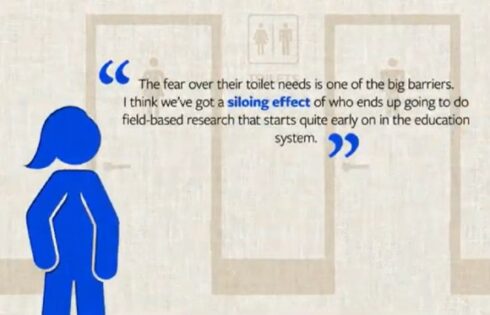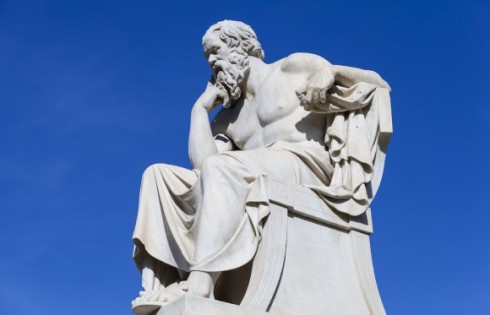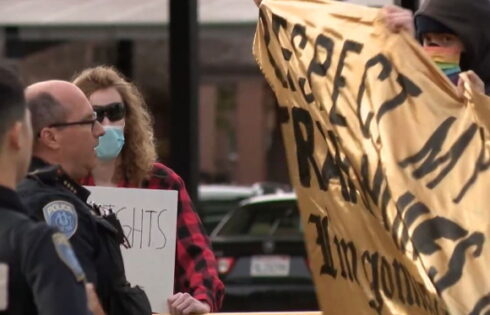
ANALYSIS: Paper suggests interracial romance comes from ‘internalized racism’
“Internalized racism” may explain the preference some Asian women have for white men, according to a study in the journal, Sex Roles.
“Path analyses showed that internalized racism was associated with stronger dating preference toward White men and weaker dating preference and physical attraction to Asian men,” Bryn Mawr College Professor Thomas Le wrote with co-author Lydia Ahn. The latter teaches at Arizona State University.
The paper hypothesized “the implicit exclusion of Black and Latino men may stem from anti-Black messaging that some Asian Americans hear from their parents.”
The study relied on survey data collected through several online websites Asian Americans frequent. The survey asked questions relating to racism, dating preferences, and physical attractiveness.
“Overall, our findings highlight how Asian American women’s romantic and intimate desires may be shaped by internalized racism, resistance and empowerment, and desire for social status,” the authors wrote in their conclusion. “Asian American women face gendered racial microaggressions and model minority stereotypes that produce internalized racism.”
“Our study underscores the robust psychological factors that may affect Asian American women’s dating preferences at the intersection of racial power, privilege, and oppression,” the authors wrote.
Le did not respond to three emailed requests for comments and two phone calls in the past month and a half. The College Fix asked him for a further explanation of how internalized racism is defined. The Fix also asked about the counter argument that it could be a positive step against racism if Asian women were interested in marriage outside their own race.
MORE: ‘Sexual racism,’ skews dating app results, UMich professor says
Le’s research interests include “liberation psychology,” according to his faculty bio.
He and co-author Ahn defined “internalized racism,” using a scale that included “Sample items [such as] ‘Lighter skin is generally more attractive than darker skin’ and ‘I sometimes wish I weren’t Asian.’
The authors “hypothesized that internalized racism would be positively associated with a dating preference to White men…and negatively associated for Asian men.”
The authors suggested Asian women want “proxy privilege,” by being close to “whiteness and privilege.”
“Asian American women endorse more dominant views of white superiority and inferiority of people of color, they may prefer to date White men to be in closer proximity to Whiteness and privilege by receiving proxy privilege,” the authors wrote. However, there were few statistically significant associations between internalized racism, desire for status, and resistance and empowerment.
The paper is not the first suggestion from academia that interracial dating preferences are a reflection of racism.
Just recently, an Australian professor suggested that having a “romantic type based on race,” is a form of racism, also writing about Asian women who have an interest in white men.
“For Asian populations in particular, internalised racism can fracture communities from within when certain members uphold and reinforce harmful stereotypes on others,” Professor Aaron Teo wrote at The Conversation.
“For Asian Australians and other racial minorities, challenging internalised racism starts with recognising the way in which white supremacy operates.”
MORE: Stanford now has 177 DEI employees, research finds
IMAGE: Maridav/Shutterstock
Like The College Fix on Facebook / Follow us on Twitter






Please join the conversation about our stories on Facebook, Twitter, Instagram, Reddit, MeWe, Rumble, Gab, Minds and Gettr.